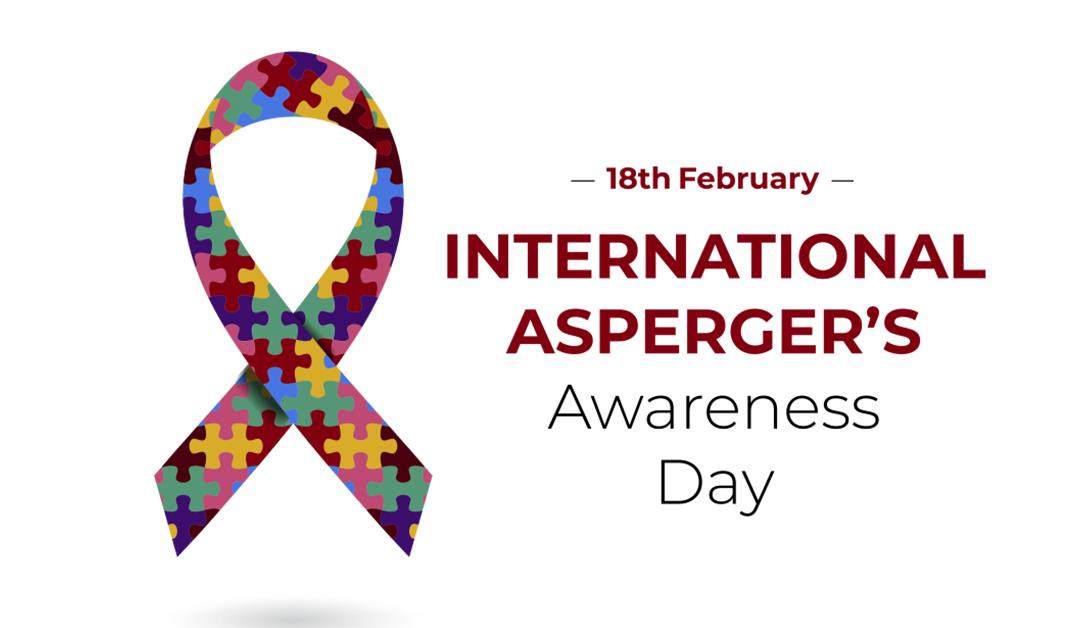International Asperger’s Day is a day to raise awareness of the condition that affects approximately 37.2million individuals globally. It is a day to celebrate the individuals overcoming many challenges each day and acknowledging their achievements whilst living with Asperger’s.
Asperger’s is a form of high functioning autism or autism spectrum disorder. Individuals with Asperger’s, whilst often having high level intelligence and verbal skills, may have trouble expressing themselves and understanding emotional situations as well as comprehending social and verbal exchanges. As a result of these challenges it can often make it harder for people with Asperger’s to engage in healthy lifestyle interventions.
Therefore, both adults and children with this condition benefit greatly through the support of therapies such as exercise physiology, physiotherapy, dietetics, occupational therapy, psychology or speech pathology.
The adverse effects of physical inactivity on overall health (eg. Prevention of chronic disease, obesity etc.) can be better managed through the implementation of exercise and increased daily activity. In addition to this, exercise has been shown to help people with Asperger’s even more by enhancing motor development, improving cognitive function, and support treatment outcomes.
One study in particular found a 37% improvement in symptoms of Autism Spectrum Disorders in children after engaging in exercise twice a week for 48 weeks (Exercise Right, 2018).
An Accredited Exercise Physiologist is qualified to work with either yourself or a loved one with Asperger’s to provide a safe, effective and evidence based exercise program. Exercise Right Australia recommends a balance of cardiovascular and strength based training each day under the supervision of an Exercise Physiologist. For children in particular a large focus is placed on developing fundamental skills such as running, kicking, throwing and more that they may struggle with developing without guidance.
In addition to implementing physical activity, diet plays a large role in overall health. Individuals with Asperger’s have different energy requirements, nutrient needs, and are likely to be picky eaters. A dietitian can identify these specific individual needs and implement a meal plan that ensures that dietary requirements are being met.
Here at the Fit Lab Allied Health we have Exercise Physiologists, Dietitians and Physiotherapists equipped with the knowledge to help improve the daily lifestyles of those living with Asperger’s. Through implementation of physical activity and a healthy diet, this not only improves the symptoms of Asperger’s, but also improves daily life and overall health by decreasing the risk of chronic disease to help you lead a long, happy life.
For more information:
